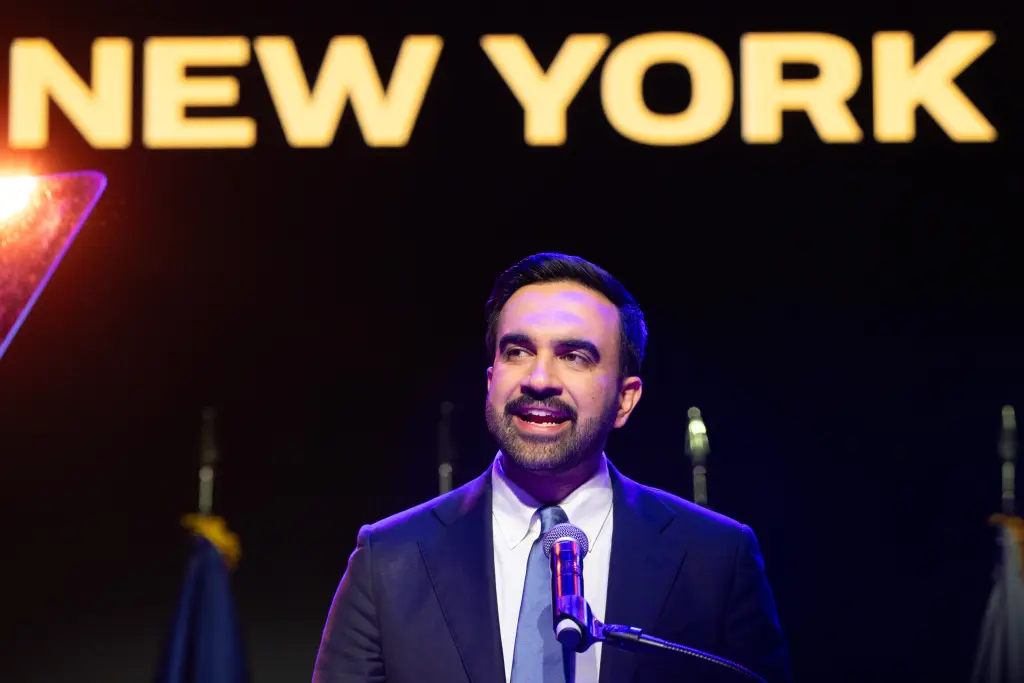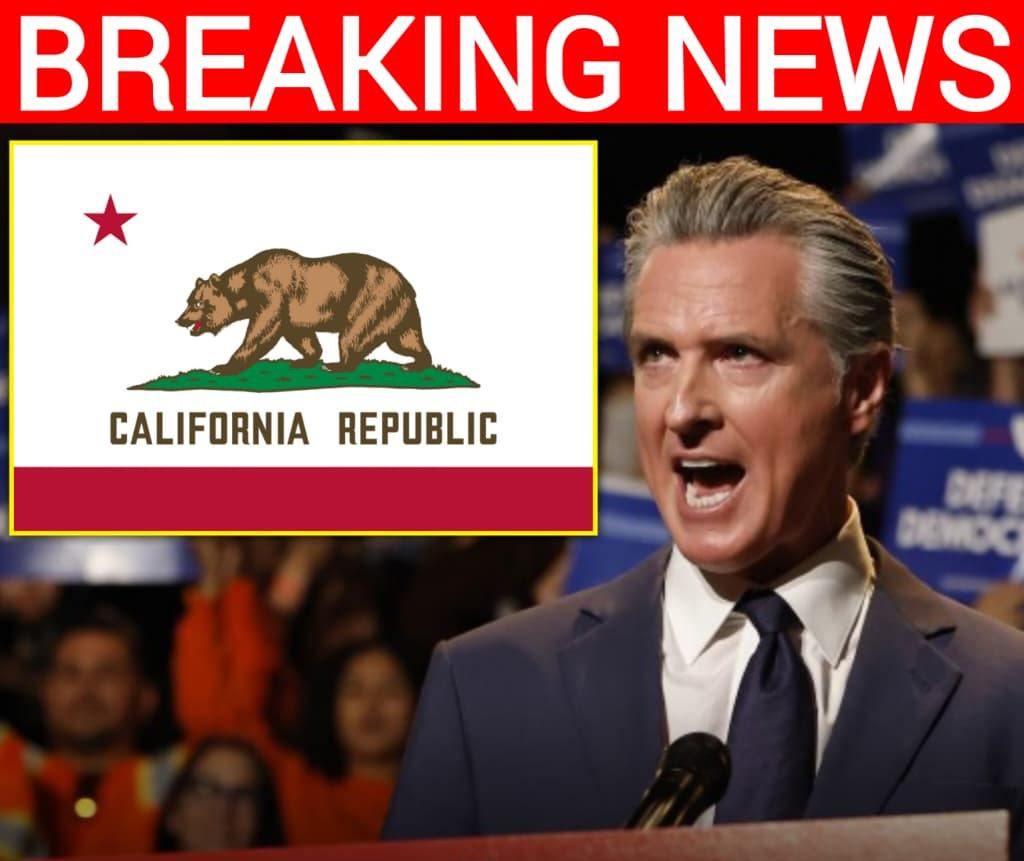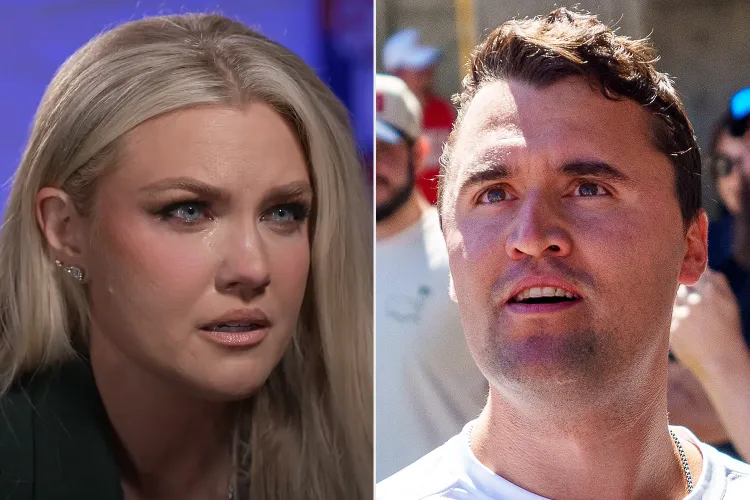NYC Jewish Organizations Vow to Hold Mayor-Elect Zohran Mamdani Accountable, Saying “The Normalization of Antisemitism Just Got Very Loud”
New York City’s Jewish community awoke Wednesday morning to an unfamiliar and uneasy reality — the city’s new mayor-elect, Zohran Mamdani, a Democratic Socialist and outspoken critic of Israel, would soon be leading America’s largest Jewish population center. The news, which sent political ripples through local and national circles, was met with swift and pointed reactions from Jewish organizations who vowed to “hold Mamdani fully accountable” for what they described as a dangerous new chapter in New York’s political and social climate.
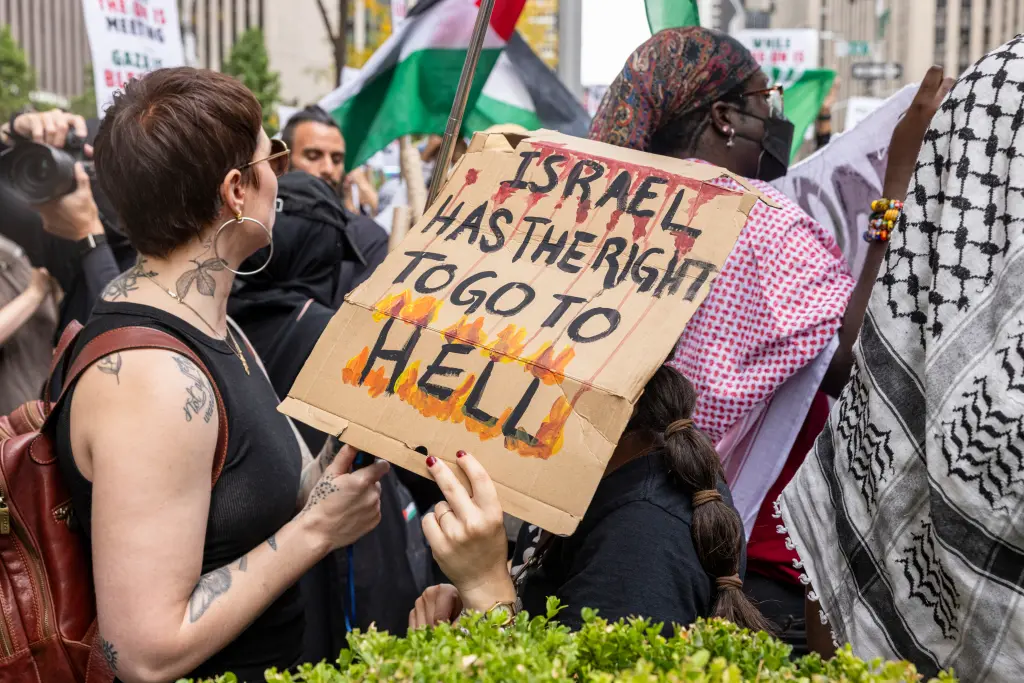
Mamdani, who made history as the city’s first Muslim and South Asian mayor, has long been known for his unapologetically progressive views. But it’s his record on Israel — and his association with movements like the Democratic Socialists of America (DSA) that support boycotts of the Jewish state — that has placed him at the center of controversy. Within hours of his victory, several major Jewish advocacy groups, including the Anti-Defamation League (ADL), the American Jewish Committee (AJC), and the Jewish Community Relations Council of New York (JCRC), released statements condemning his past rhetoric and demanding assurances that Jewish New Yorkers would not be marginalized under his leadership.
“The normalization of antisemitism just got very loud,” read one statement shared by multiple Jewish leaders. “We will not stand by as the city’s leadership empowers voices that have been hostile toward Jewish life, Israel, and the values of tolerance that New York has long stood for.”
The criticism was swift and sharp. For many in the Jewish community, Mamdani’s election was seen as both symbolic progress and a sobering reminder of the ideological divides that now run through New York politics. While Mamdani’s supporters celebrated his victory as a triumph for diversity and working-class representation, Jewish groups expressed fear that his win marked a tipping point — where anti-Israel activism could begin shaping public policy in America’s most influential city.
Mamdani’s history is well-documented. As a state assemblyman from Queens, he co-sponsored resolutions supporting Palestinian solidarity and criticized Israel’s military actions in Gaza. He also refused to vote for certain symbolic resolutions commemorating Holocaust remembrance or condemning Hamas attacks — actions that his critics viewed as callous or politically motivated. In 2023, he drew backlash for referring to Israel as a “colonial project” and calling for the U.S. to end all military aid to the Jewish state.
Those remarks are now coming back into focus as Jewish leaders assess what his administration could mean for the city’s Jewish institutions, schools, and security initiatives. “We’ve worked for decades to ensure Jewish New Yorkers feel safe and represented,” said one official from the Jewish Community Relations Council. “The next four years will test whether those values can survive under a mayor who has publicly questioned our community’s identity and our connection to Israel.”
Mamdani’s office responded cautiously to the backlash. In a brief post-election statement, the mayor-elect said he intends to “represent every New Yorker, regardless of faith or background,” and reaffirmed his commitment to combating hate crimes. “New York’s strength lies in its diversity,” he said. “I will work to ensure that no community feels threatened or excluded.”
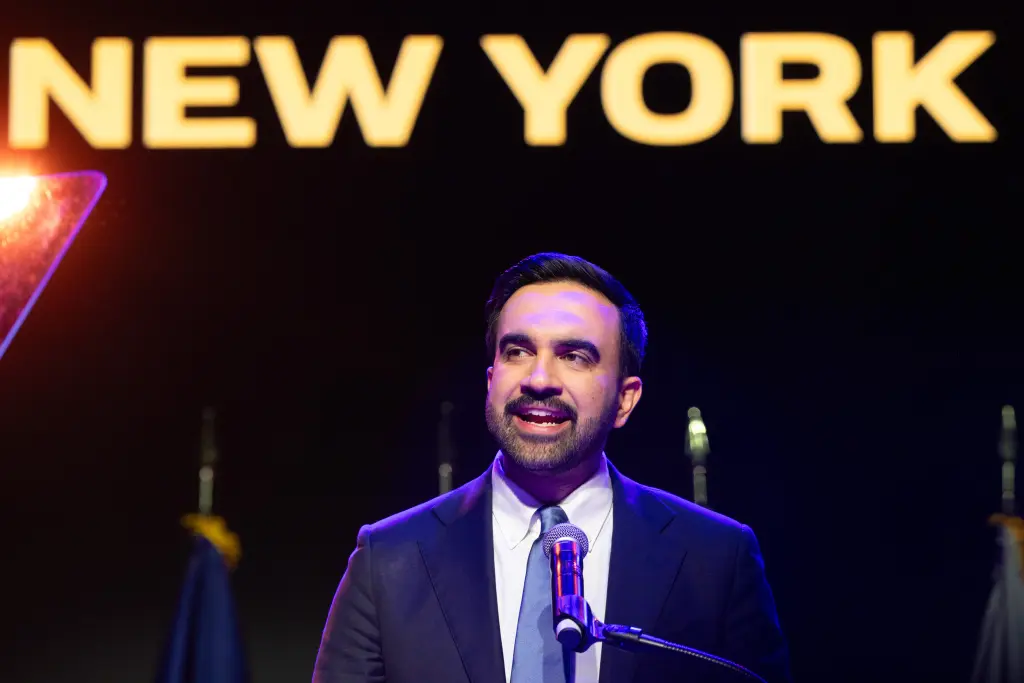
Still, for many in the city’s Jewish community, words are not enough. The ADL’s regional director said the organization plans to monitor Mamdani’s administration closely, particularly regarding his appointments to education, cultural affairs, and law enforcement leadership. “It’s not about religion — it’s about trust,” she said. “Trust has to be earned, and right now, that trust is broken.”
The tension underscores a broader national debate about the intersection of progressive politics and Jewish identity. Across the country, Jewish Democrats have expressed growing unease with far-left candidates who adopt anti-Israel rhetoric under the banner of human rights. Mamdani’s rise is being hailed by progressive activists as a “new model of leadership,” but for centrist and conservative Jewish voters, it represents a moment of reckoning — one that forces a confrontation between social-justice politics and the realities of antisemitism.
Political observers say Mamdani’s victory reflects both generational and ideological shifts within New York. Younger voters, particularly those under 35, overwhelmingly supported his campaign. Many were drawn to his message on housing affordability, climate action, and police reform. But while those domestic issues energized the left, his foreign policy views — particularly his criticism of Israel — alienated key segments of the city’s Jewish electorate.
Exit polls suggest that only about one-third of Jewish voters supported Mamdani, with most Orthodox and older Jewish voters siding with his opponent. Yet, despite that division, the city’s diversity worked in his favor. His campaign successfully built coalitions among Muslim, Latino, Black, and progressive Jewish voters, giving him a path to victory that bypassed traditional power blocs.
Now, as the mayor-elect prepares to take office, Jewish leaders are demanding more than reassurance — they want action. Advocacy groups have outlined a list of expectations: continued funding for synagogue security, explicit condemnation of antisemitic hate crimes, inclusion of Jewish history in public-school curricula, and recognition of Israel’s right to exist without qualification.
“It’s not enough to promise unity,” said Rabbi Joseph Potasnik, executive vice president of the New York Board of Rabbis. “Unity requires honesty, and honesty means addressing the fact that anti-Israel rhetoric fuels antisemitism. The mayor-elect must understand that the Jewish community will not accept being treated as an afterthought.”
For many Jewish New Yorkers, the fear is not of immediate policy change but of cultural tone — the normalization of language and narratives that could embolden antisemitic behavior. That concern is amplified by recent data from the NYPD showing a rise in antisemitic incidents, including vandalism and verbal harassment, in Brooklyn and Manhattan. “We can’t afford mixed signals from City Hall,” one Jewish parent said outside a Brooklyn day school. “Every word from the mayor matters.”
Mamdani’s supporters, meanwhile, accuse critics of mischaracterizing his views and weaponizing fear. They argue that he has consistently condemned antisemitism and insists his criticism of Israel is rooted in opposition to government policy, not hatred of the Jewish people. “Zohran stands for justice — for everyone,” said one volunteer from his campaign. “It’s wrong to equate human-rights advocacy with antisemitism.”
The mayor-elect’s challenge will be to bridge those worlds — to maintain his progressive base while addressing one of the most sensitive and deeply entrenched divides in New York’s civic life. In doing so, he faces a balancing act unlike any mayor before him.
For now, Jewish organizations say they will judge Mamdani by his actions. “Accountability starts on day one,” the ADL said. “We hope he proves us wrong — but we won’t be silent if he doesn’t.”
In a city defined by its diversity, New York’s new mayor enters office not just as a leader but as a test of whether dialogue can triumph over division — and whether faith communities that built this city can still find common ground in a time of unprecedented change.
